With monitoring tools, tax evasion is impossible
At the discussion "How to deal with contract vehicles" organized by Giao thong Newspaper, discussing whether disguised contract vehicles that do not enter the station or do not issue tickets to passengers are "evading" taxes or not, Mr. Le Ngoc Nam, Chairman of the Board of Members of XE Vietnam Co., Ltd. affirmed that this is an incorrect assessment, just the subjective opinion of some people.

Ms. Le Thu Mai, Deputy Director of the Tax Declaration and Accounting Department - General Department of Taxation, discussed at the discussion "How to deal with contract vehicles" organized by Giao Thong Newspaper on the afternoon of June 13.
According to Mr. Nam, all organizations, households, businesses, and individuals have the obligation to pay taxes. With passenger transport, only a few subjects are exempt from value added tax, the rest are all fair and equal in terms of tax obligations.
"Issuing tickets or not does not reflect whether a business pays taxes or not. If a business declares honestly, issues invoices, and pays all taxes, it cannot be said that they are evading taxes," Mr. Nam emphasized.
At the same time, it is said that fulfilling tax obligations is the awareness and responsibility of the enterprise, not the type of transportation that the enterprise operates.
"With the capacity of the tax industry, along with the current digital transformation, or journey monitoring tools, cameras... Businesses that want to evade taxes cannot evade them," Mr. Nam reaffirmed.
Sharing the same view, Ms. Le Thu Mai, Deputy Director of the Tax Declaration and Accounting Department - General Department of Taxation, said that she did not agree with the opinion that contract vehicles not issuing tickets and not entering the bus station were signs of tax evasion.
According to Ms. Mai, the tax industry manages by the method of taxpayers self-declaring, self-paying, and self-responsibility. Each agency, organization, and individual must proactively learn about tax laws.
In addition to support, tax authorities manage by collecting information, analyzing data and managing according to risks. In case of detecting tax risks, they will focus, analyze, inspect, check and compare information to determine the full obligations of taxpayers, that is, fight to collect taxes fully and fairly for all subjects.
Ms. Mai said that the risk of "avoiding" taxes happens everywhere because it is the common mentality of business people. Anywhere that is not strictly managed, it will arise, not just with passenger transport or contract vehicles.
Talking about how transport businesses fulfill their tax obligations, Ms. Mai said that based on their revenue, businesses will declare and pay taxes according to the tax rate regulated by the State.
For contract vehicles, no tickets are issued, no entry to the station, but businesses that sign contracts with service users, with contract value, will issue invoices based on this value and use it for tax declaration.
"If contract vehicles comply with this regulation, tax payment is the same as other services," Ms. Mai said.
Guests shared at the panel discussion about current tax management for contract vehicles.
Sharing vehicle data, facilitating tax calculation
According to Ms. Mai, currently all vehicles providing transportation services must be equipped with a journey monitoring device, which determines the number of kilometers and monitors the vehicle's starting and ending points.
This is the information that the tax industry really needs to manage vehicle mileage, thereby "fighting" to correctly determine the tax obligations of businesses.
"Digitalizing business activities helps parties easily fulfill their tax obligations correctly and fully," said Ms. Mai.
Regarding this issue, Mr. Do Van Bang, Chairman of the Hanoi Transport Association, said that the current tax law policy is very serious. He supports the self-declaration policy, which requires self-awareness of business owners and individuals and requires a change in thinking about tax declaration, identifying it as an obligation and a right.
However, from June 1, Decree 41 amending Decree 10 took effect, stipulating that contract vehicles must send contracts to the local Department of Transport or the software of the Vietnam Road Administration. There is only a regulation that businesses must save the contract of that trip for 3 years to serve the inspection and examination work of the management agency.
Regarding whether businesses will declare the number of trips and trips truthfully, Mr. Bang said that it is necessary to have clear regulations in the Government's Decree or an inter-ministerial circular so that the tax sector can easily extract data on the journey monitoring of transport businesses for comparison and inspection.
On the other hand, according to Mr. Bang, to comprehensively control the operation of means of transport, monitor the number of kilometers and distance traveled, it is necessary to improve the comprehensive management of means of transport from the journey monitoring system to the VETC and ePass cards.
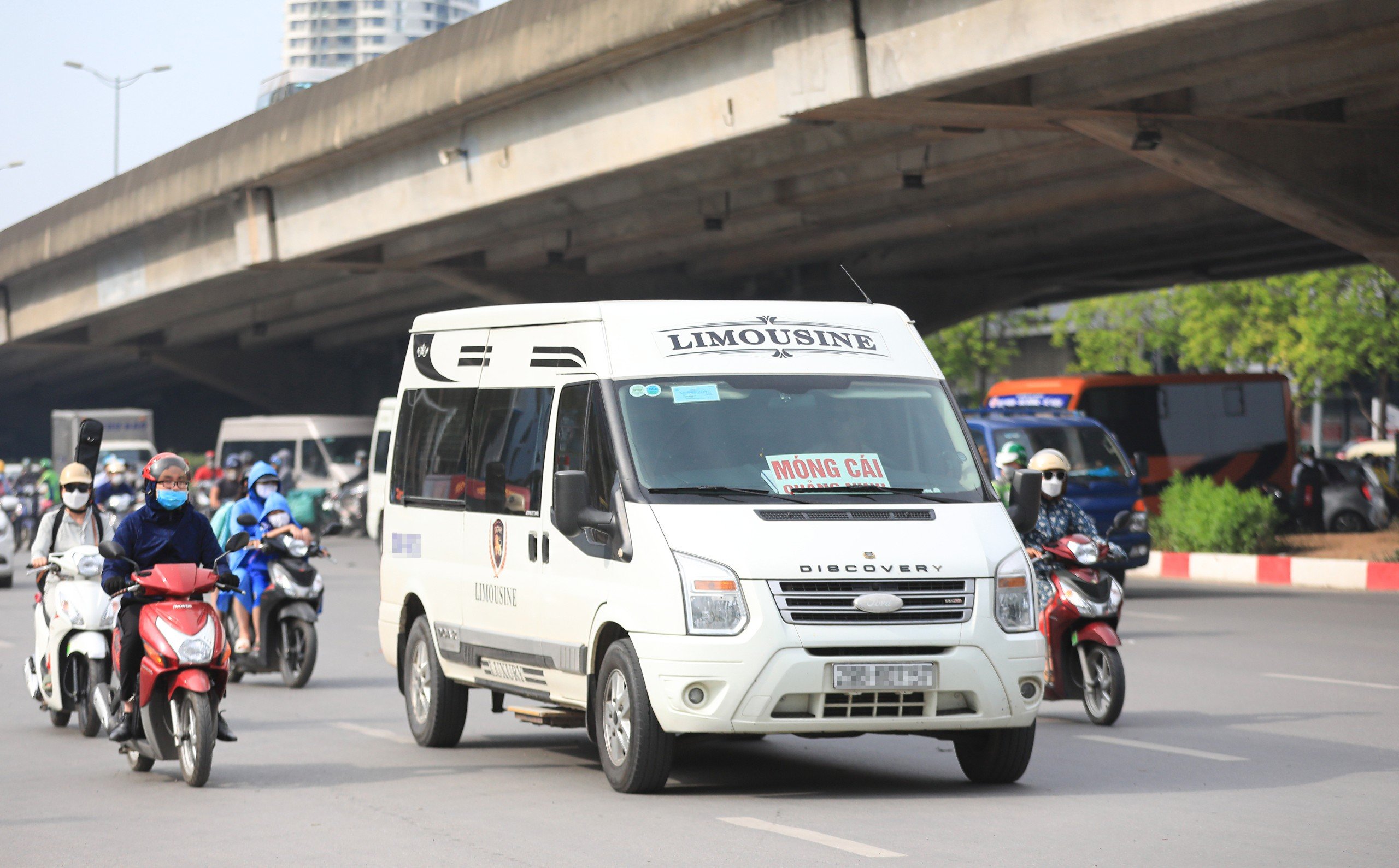
According to Mr. Hoang Anh, although there is a journey monitoring device to serve the tax calculation of transport enterprises, there is still a need for additional data and tools to force enterprises to pay full taxes because there will be cases where enterprises will make excuses and "avoid taxes".
Regarding this issue, Mr. Nguyen Hoang Anh, Deputy Head of the Department of Transport, Vehicle and Driver Management - Vietnam Road Administration said that with the new regulation in Decree 41, passenger transport enterprises under contract must store contracts for 3 years, tax authorities can base on that to request enterprises to pay taxes.
According to the Decrees and Laws on Road Traffic, all transport vehicles are now equipped with journey monitoring devices. At that time, it is possible to know the distance the vehicle has traveled, the starting point and the end point.
At the same time, according to current regulations on data sharing to serve state management, when agencies such as the General Department of Taxation, General Department of Customs, and Traffic Police need it, the Vietnam Road Administration is ready to provide data from the GSHT system.
"In fact, many local tax departments such as Thanh Hoa, Hai Phong, General Department of Customs, etc. have requested to provide a list of vehicles operating in the area for tax calculation," Mr. Hoang Anh added.
However, according to Mr. Hoang Anh, even though there is data from the GSHT device to calculate taxes, tax declaration still depends on the self-awareness of the transport business.
"There will be cases where businesses make excuses that their vehicles are not carrying passengers but are being serviced while in reality they are still operating to circumvent the law.
Therefore, when basing on the GSHT device, we should also supplement other data and tools to have specific evidence to force businesses to pay full taxes," Mr. Hoang Anh commented.
Source: https://www.baogiaothong.vn/quan-ly-thue-voi-xe-hop-dong-the-nao-192240613200329329.htm







![[Photo] Prime Minister Pham Minh Chinh chairs meeting on US imposition of reciprocal tariffs on Vietnamese goods](https://vstatic.vietnam.vn/vietnam/resource/IMAGE/2025/4/5/9b45183755bb47828aa474c1f0e4f741)


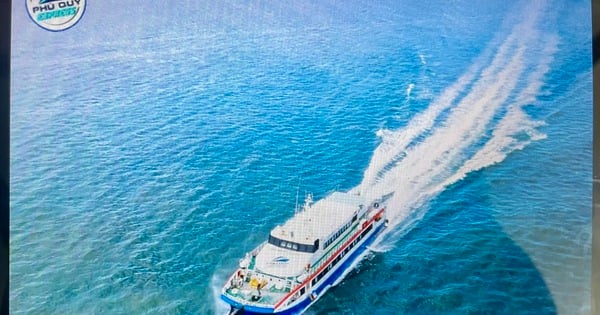

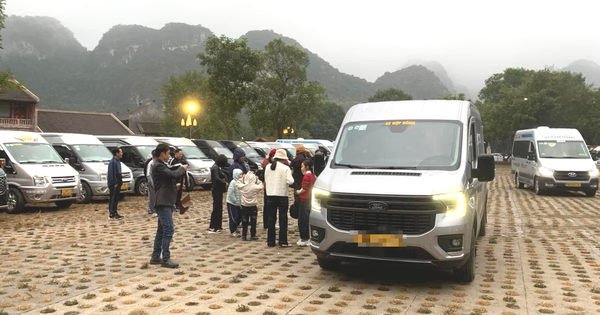
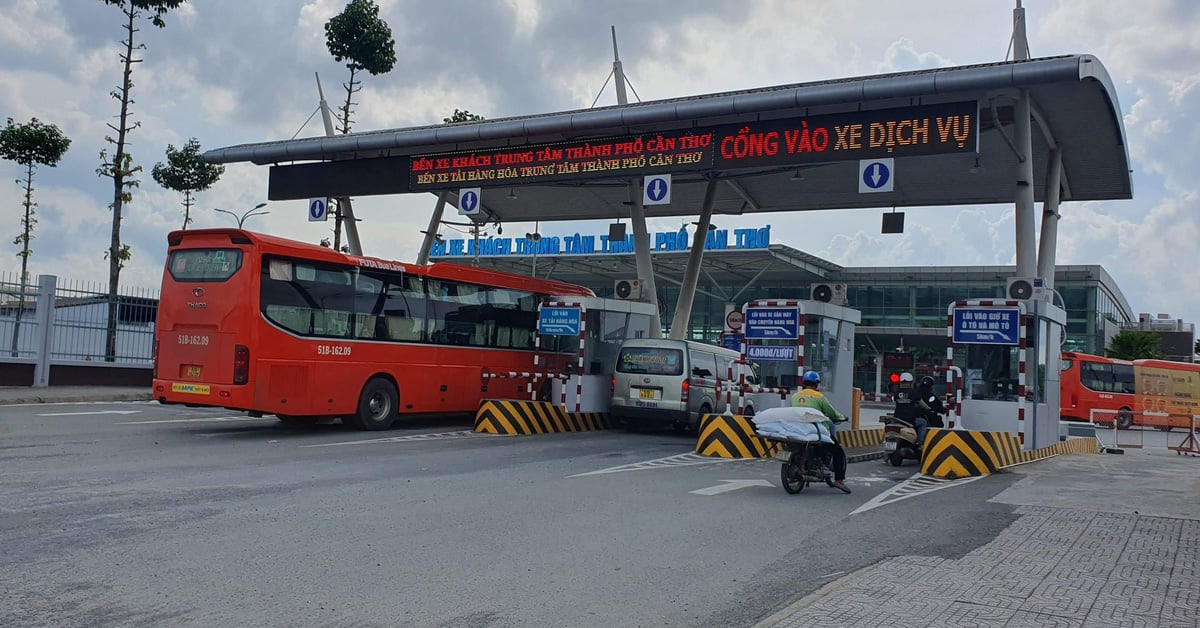

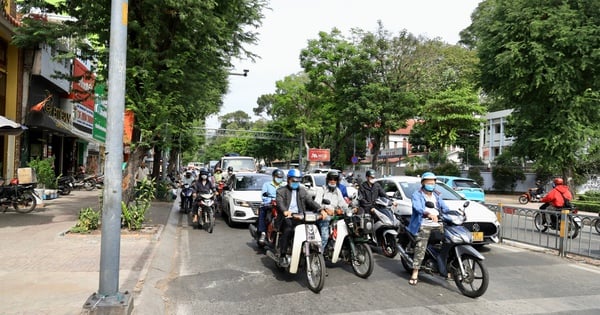
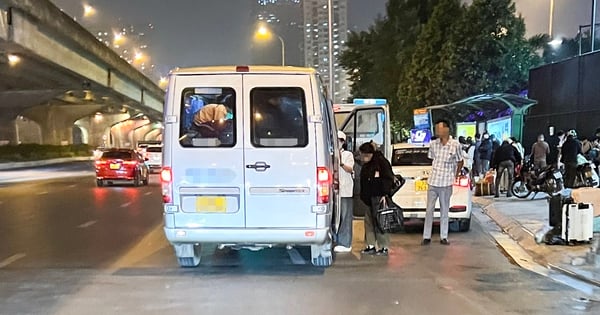
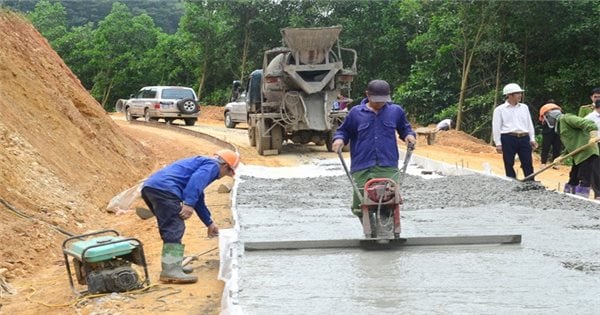












![[Photo] Hanoi flies flags at half-mast in memory of comrade Khamtay Siphandone](https://vstatic.vietnam.vn/vietnam/resource/IMAGE/2025/4/5/b73c55d9c0ac4892b251453906ec48eb)

![[Photo] Dong Nai people warmly welcome the forces participating in the parade](https://vstatic.vietnam.vn/vietnam/resource/IMAGE/2025/4/5/ebec3a1598954e308282dcee7d38bda2)















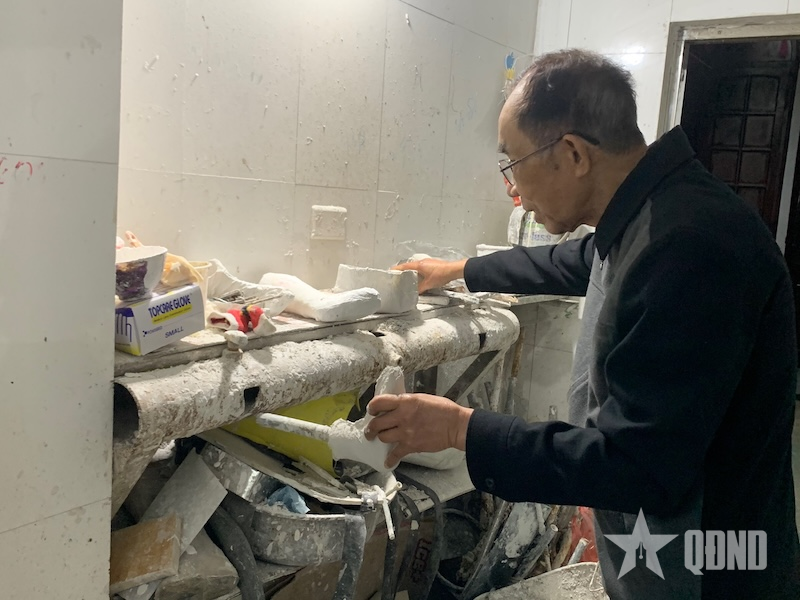




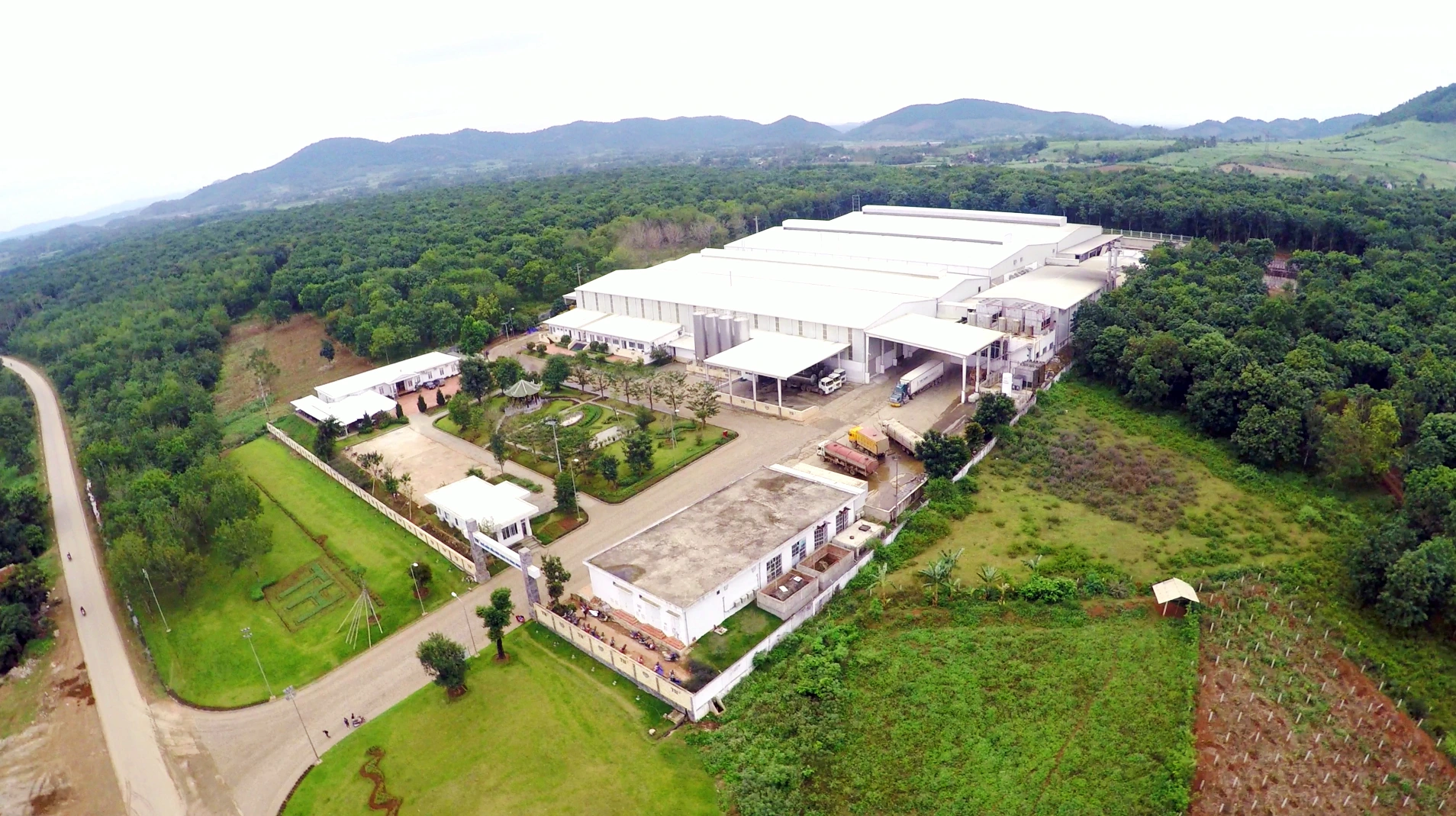










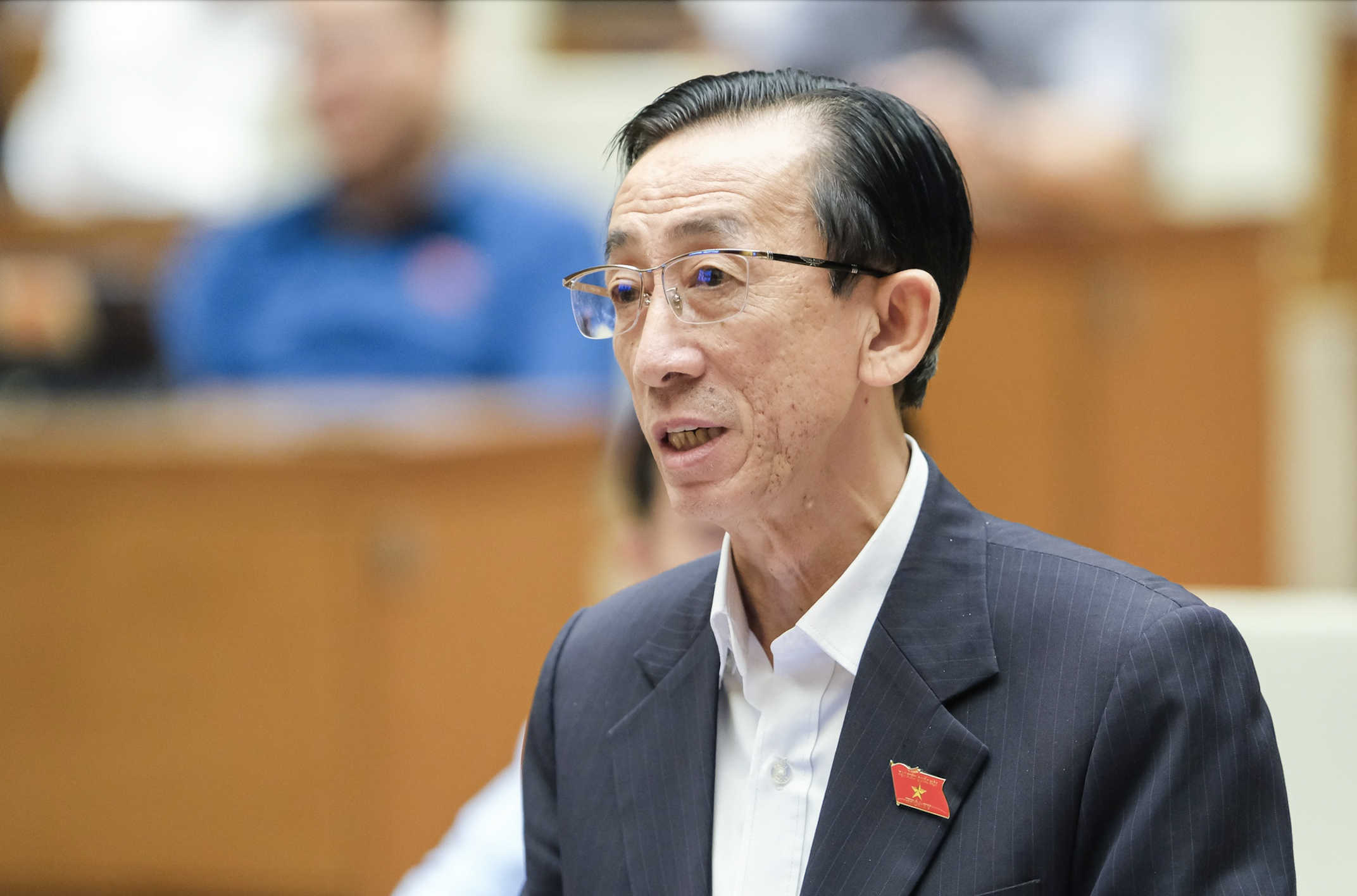

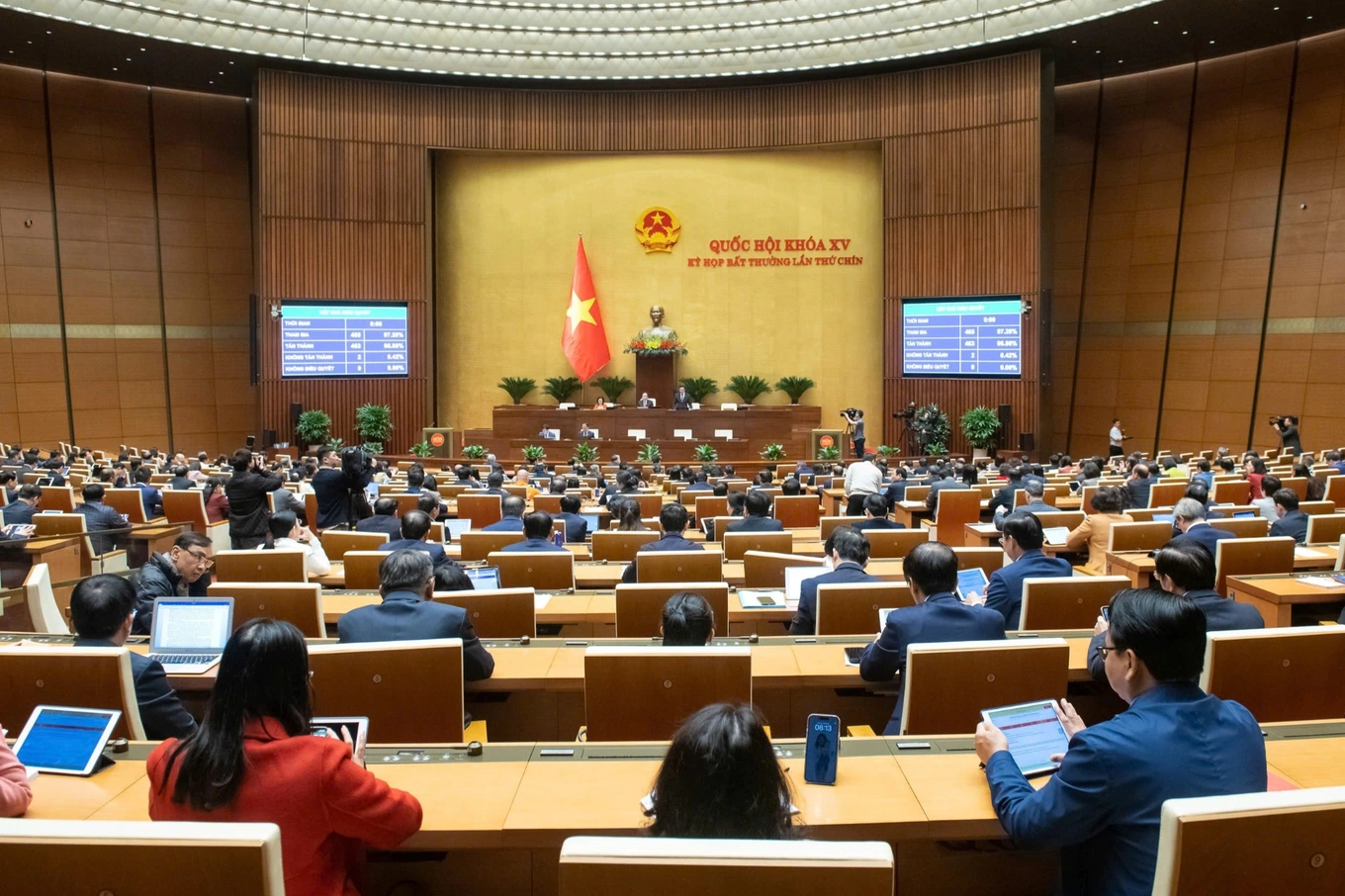


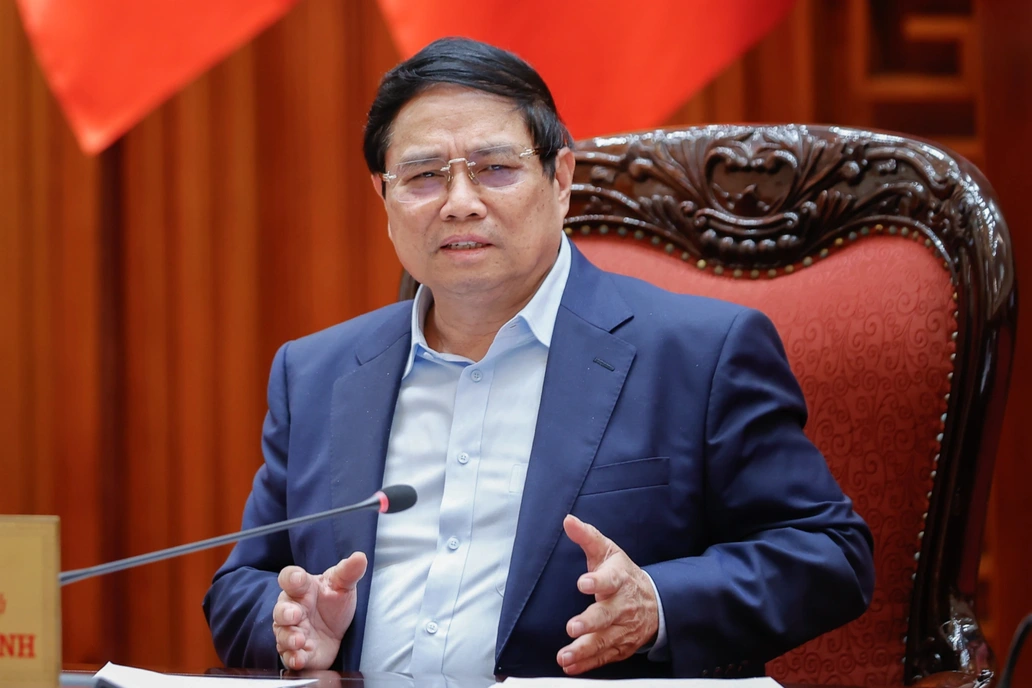



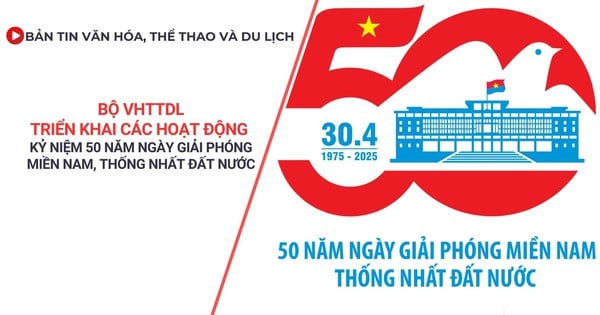


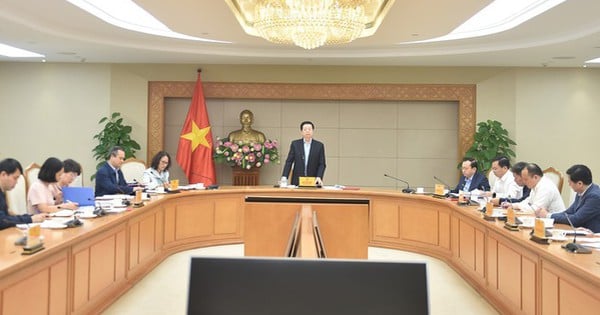






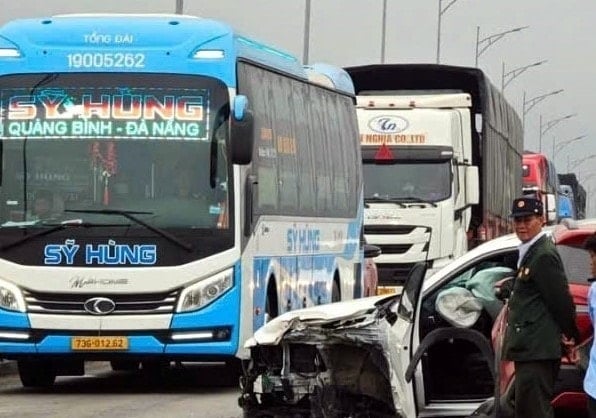





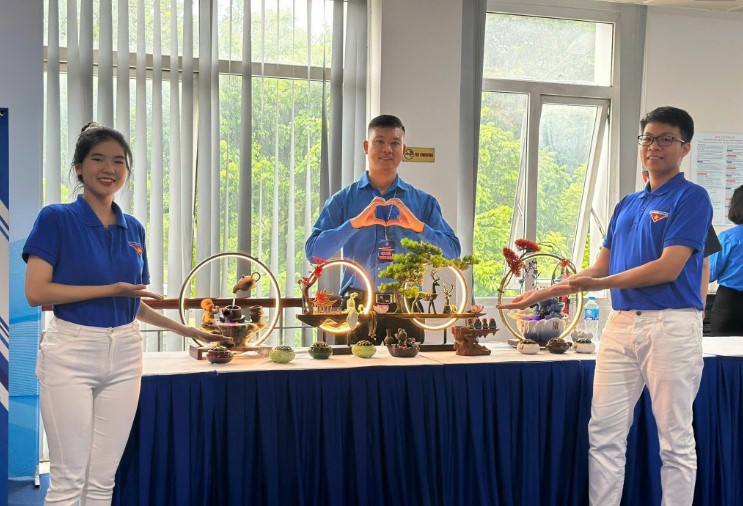



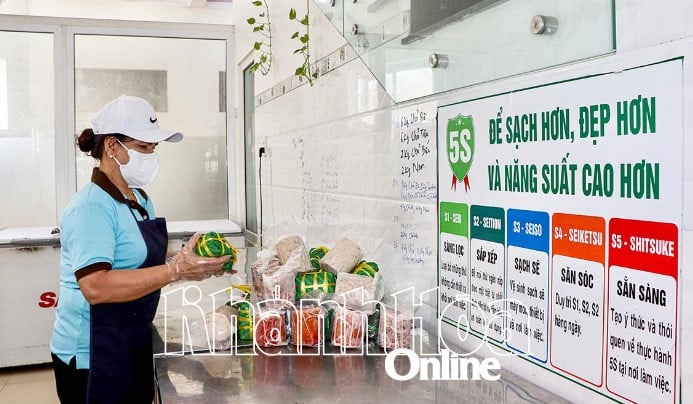
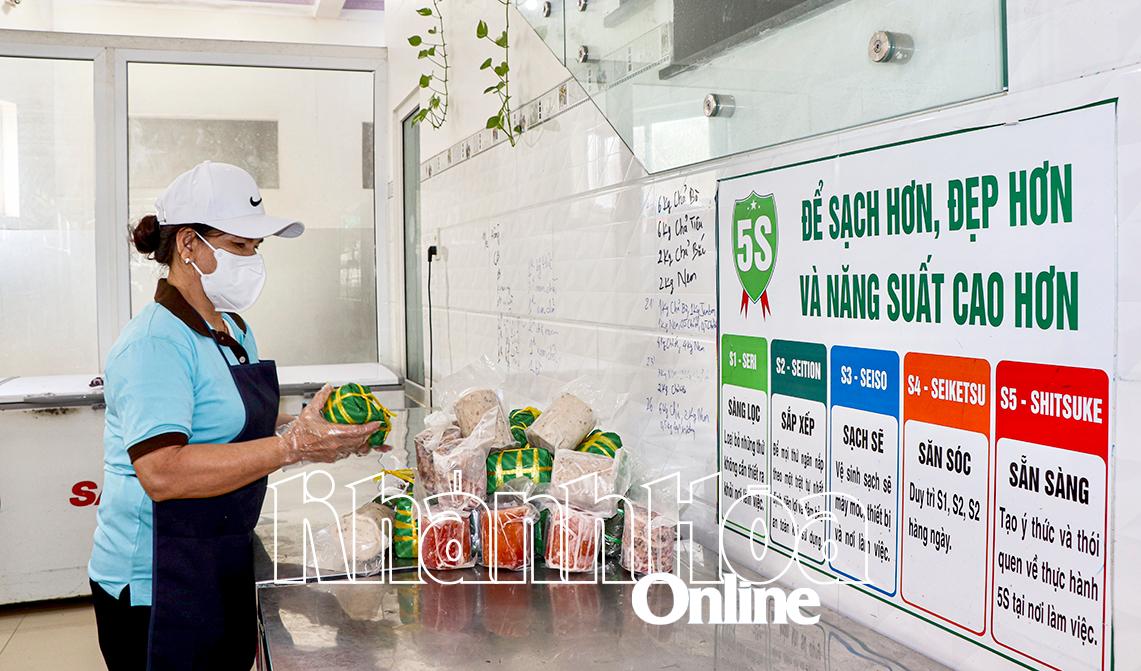
Comment (0)